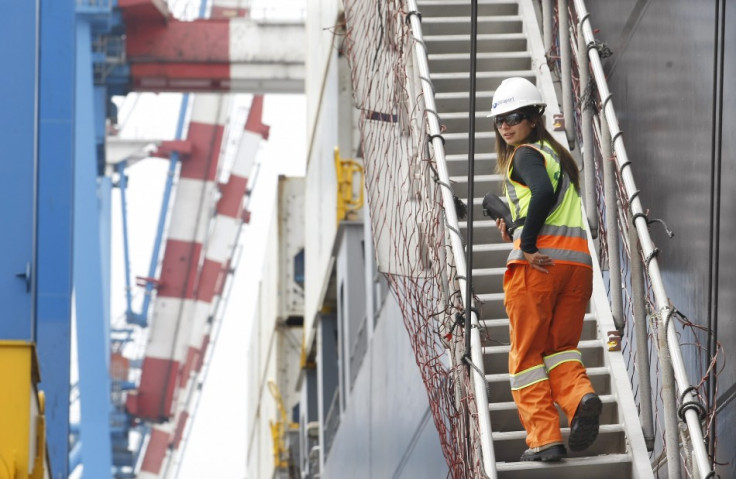Engineering A-level could help redress gender imbalance in UK industry

A dedicated A-level could go some way to redressing the gender imbalance in UK engineering, according to one of the industry's leading figures.
At present only 6% of the country's engineers are women and, according to the Institute of Engineering and Technology (IET), the growing skills shortage in science, technology, engineering and maths (STEM) is having an impact on the economy.
Dr Rhys Morgan, director of education at the Royal Academy of Engineering, says changing people's perceptions of the industry needs to start at pre-school level and continue – for both sexes – through to further education and beyond.
"We could do a lot more to get teachers in general to understand the world of work. Most teachers went back to school after getting through school themselves and university, then getting a teaching qualification. They have no idea about the broader world of work," Morgan said.
"Our big piece of work is around changing perceptions of what engineering is in the 21<sup>st century. The public at large interact with engineering usually only when their boiler or car breaks."
Our big piece of work is around changing perceptions of what engineering is in the 21st century. The public at large interact with engineering usually only when their boiler or car breaks
And, he admits, the industry itself could do a lot more to help promote itself.
"We are not presenting engineering in the right light. If we think about how it helps humanity, there is all sorts of engineering that actually helps people and improves the way we live" Morgan said. "It's not just about fast cars, rockets and planes."
To that end, the Royal Academy has developed a draft specification for a dedicated engineering A-level and has been working with an awarding body to see if they will back it.
"It would be great if two or three awarding bodies offered an engineering A-level, which is not [just] about machinery or woodwork, moving away from manufacturing of materials-based A-level towards global brand challenges and creative problem solving," Morgan said.
But he admits the qualification would not work on its own, as it needs support across the board.
"We don't have enough teachers in maths, computing and in science in schools," he said. "We still have this problem with identity, so we are also embarking on a big project from the academy which is taking a lead to present engineering in a new light, to change perceptions and decision-making of young people and their parents and influences. So there is a lot of different steps that needs to happen first."
© Copyright IBTimes 2024. All rights reserved.







